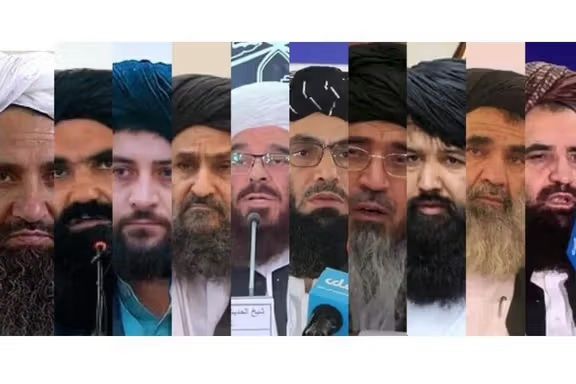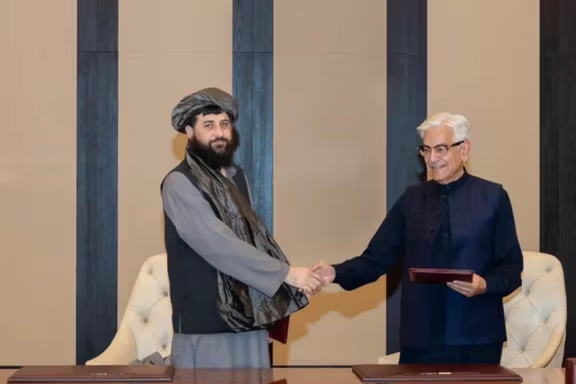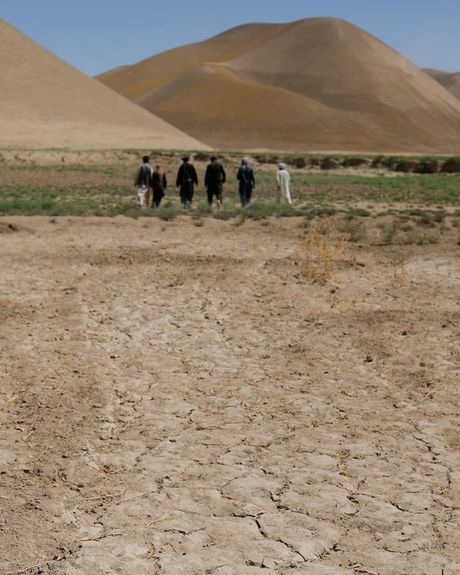The ministry said the deal includes a ceasefire, mutual respect, a pledge to avoid attacks on security forces, civilians and infrastructure, and a commitment not to support assaults against each other.
In a statement issued Friday, the ministry said Taliban Defence Minister Mohammad Yaqoob Mujahid had already explained the full details during a press conference following the signing ceremony in Doha, adding that “any remarks beyond these points are invalid.”
The agreement was signed in Doha between Mujahid and Pakistan’s Defence Minister Khawaja Asif. Following the signing, Asif told Pakistani media that the details of the ceasefire accord with what he described as the “Taliban regime” were confidential and that he could not comment on them.
Asif later said the agreement focuses on three main issues: the return of Afghan refugees, the Taliban's pledge not to support Tehreek-e-Taliban Pakistan (TTP), and trade cooperation between the two countries.
Neither side has released the full text of the agreement. Qatar’s Foreign Ministry, which mediated the talks, confirmed that both parties had agreed to an immediate ceasefire and said the next round of discussions would take place in Istanbul.
The Taliban has faced criticism for not publishing the agreement’s full text, with opponents accusing it of a lack of transparency. Speaking from Doha in an online press conference, Yaqoob Mujahid said both sides had committed not to back opposition groups or engage in any “hostile actions” against each other, and to prevent their territories from being used for attacks.
Mujahid described the talks as “successful” and announced what he called a “comprehensive and lasting ceasefire” between Afghanistan and Pakistan. To monitor the deal’s implementation and strengthen political and economic ties, a technical committee supervised by Qatar and Türkiye will be formed to develop mechanisms for reducing tensions and resolving disputes.
Qatar’s Foreign Ministry expressed hope that the agreement would ease tensions along the Afghanistan-Pakistan frontier and lay the groundwork for lasting regional peace. However, the use of the term “border” in Qatar’s initial statement sparked controversy, with Taliban critics accusing the group of implicitly recognising the Durand Line as an international boundary.
Qatar’s Foreign Ministry later removed the word “border” from its statement on its website without explanation. During the Doha press conference, Mujahid stressed that the agreement did not include any discussion on the Durand Line, which he referred to as an “imaginary line.”






